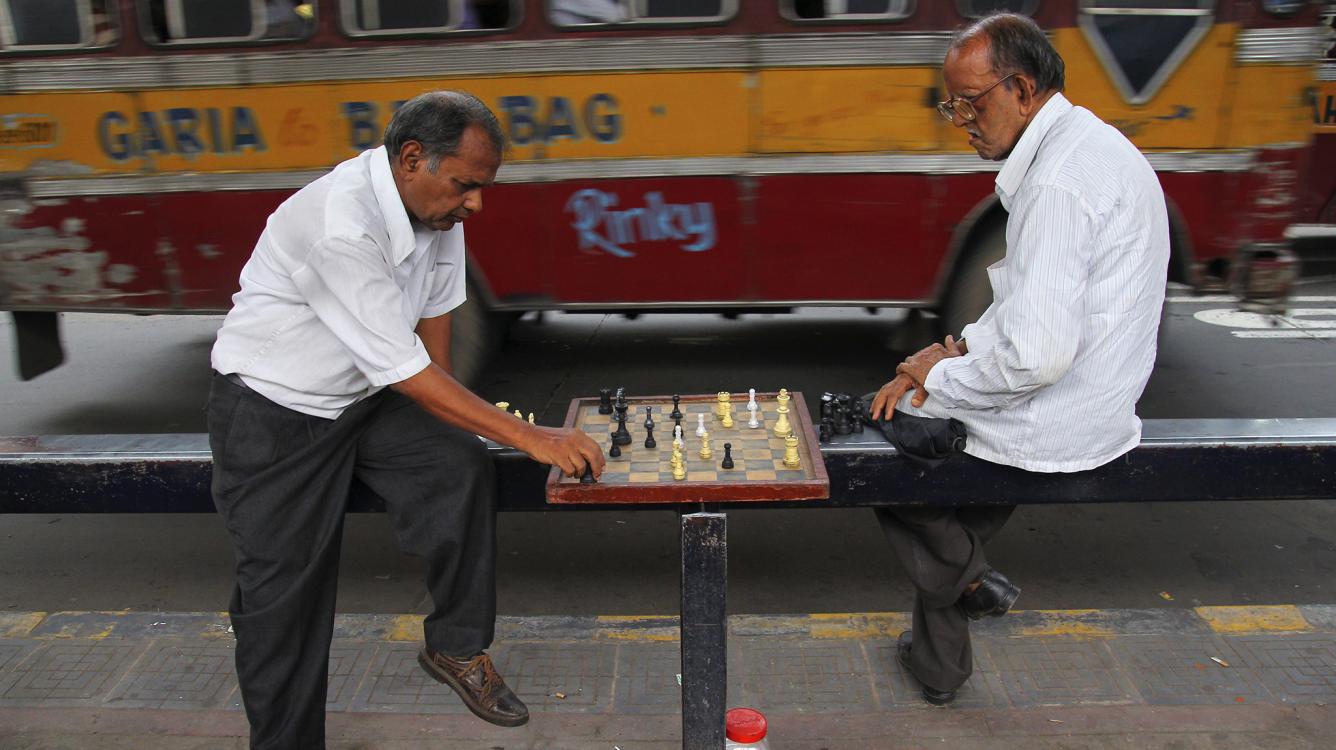
Chess and Monopoly branded luxury items in India
Board games face a rate of 28 per cent under new goods and services tax
Chess, Scrabble and Monopoly are about to get up to 20 per cent more expensive in India after the government decided to include board games as a “luxury item” in the new national goods and services tax, manufacturers have warned.
Ministers have set three different rates for toys under the tax, which is being rolled out on July 1 to replace the existing tangle of statewide levies and sales taxes. Traditional toys will face a tax rate of 12 per cent, electronic toys 18 per cent and board games 28 per cent.
The different rates for different playthings highlight the anomalies emerging as India prepares for the introduction of the goods and services tax. Narendra Modi’s government has hailed the GST as a vital measure to boost India’s economic potential by creating a true single market and streamlining its tax system.
Toy makers say their costs for every type of toy will rise by at least 5 per cent. The weighted average tax rate for toys is currently 6.5 per cent, the industry says.
Ishmeet Singh, country manager for India at Mattel, the US company that makes Barbie dolls, told the Financial Times: “We need to persuade the government that toys are an essential part of children’s development.
“The government seems to have taken the populist move of putting every daily essential into the zero-tax category and used every kind of discretionary item to generate revenues.”
The row is the latest in a string of disputes between government and industry since the provisional tax rates were announced a week ago. On Monday, the government signalled it would roll back its plans to tax parts for solar panels at 18 per cent, which had triggered accusations of hypocrisy given India has some of the most ambitious solar power targets in the world.
Other industries, however, say they are still being caught unfairly in the 28 per cent “luxury” band, including paint, detergent and fizzy soft drinks.
Hindustan Unilever, the consumer goods company, said: “Laundry detergents and dishwashing bars are daily necessity products . . . it is important they get the same treatment as other daily necessity products.”
Executives from the toy industry believe the 28 per cent tax rate on board games is a result of an administrative oversight, as such games are bundled in with video games and playing cards. Also in that category are carrom boards, the shuffleboard-style game popular across South Asia.
Vivek Jhangiani, president of the All India Toy Manufacturers’ Association, said: “We think this is a mess up rather than deliberate policy. I don’t think anyone has applied themselves to this problem.”
Mr Jhangiani added that even taxing more general toys at 12 per cent would result in price rises of around 5 per cent on most items. “Prices will go up, not just because of the higher rates but also because of the administration of having to adjust for three different rates,” he said. “This is not the ‘one product, one tax rate’ system we were promised.”
Sales of toys in India have risen in recent years as the growing economy has boosted the middle class. But executives say the industry is still being undercut by illegal cheap Chinese imports, and has struggled to achieve the kind of growth that has occurred in China itself over the past decade.
Source: Financial Times
Link: https://www.ft.com/content/f3f5a750-4441-11e7-8519-9f94ee97d996
